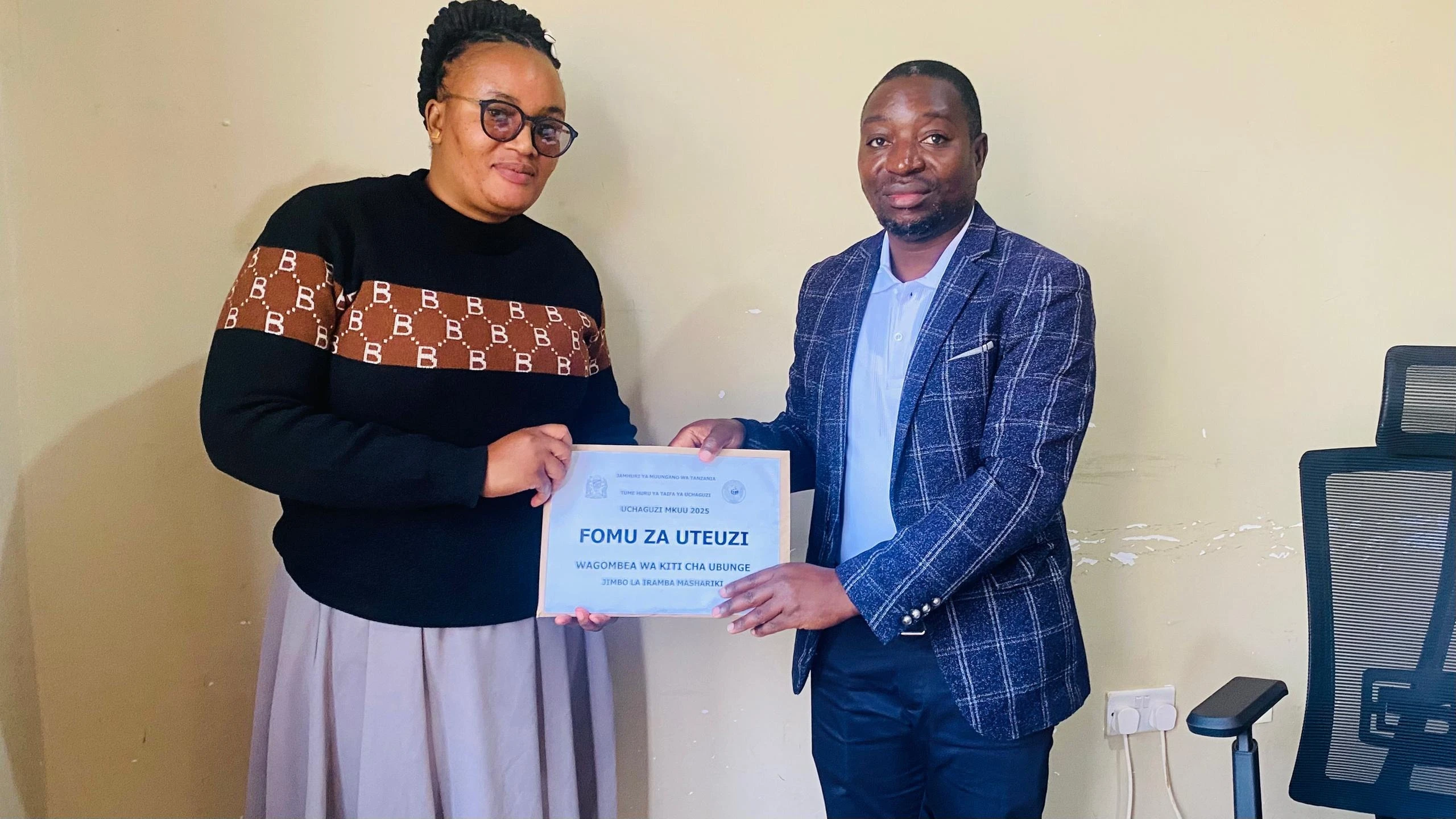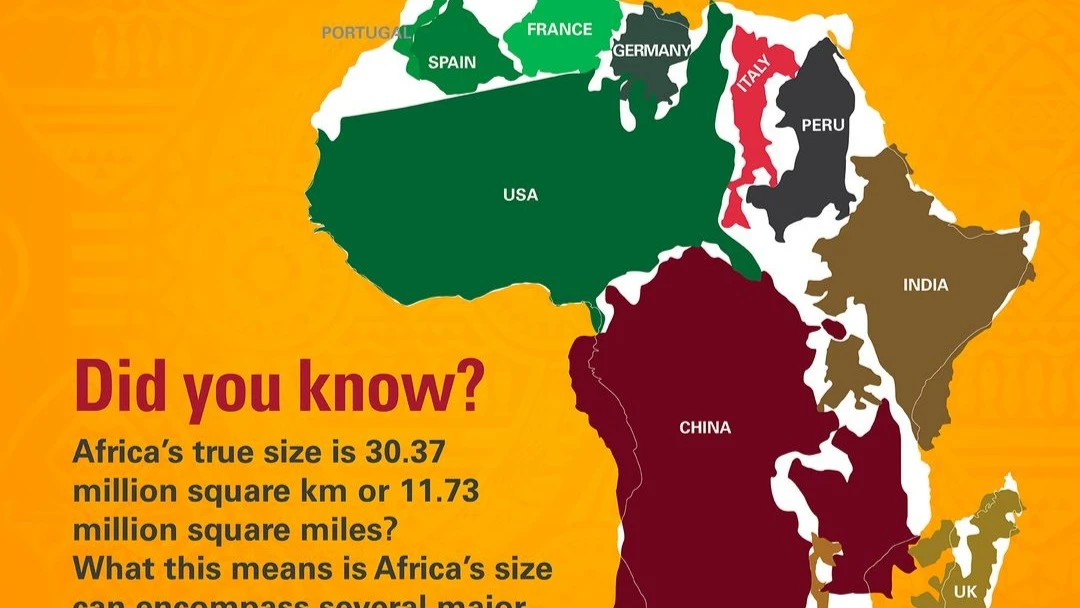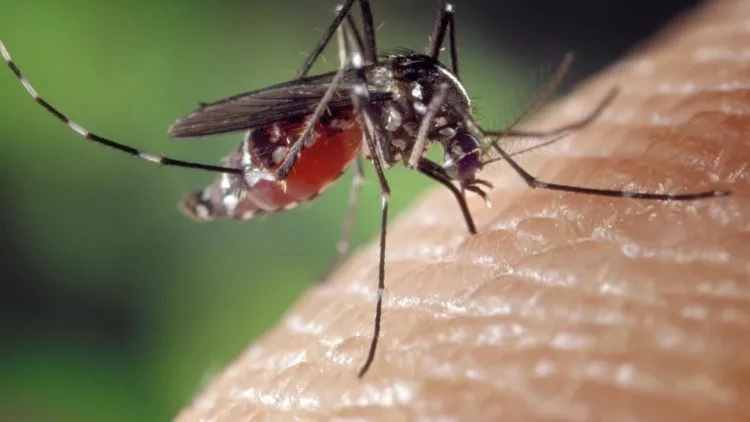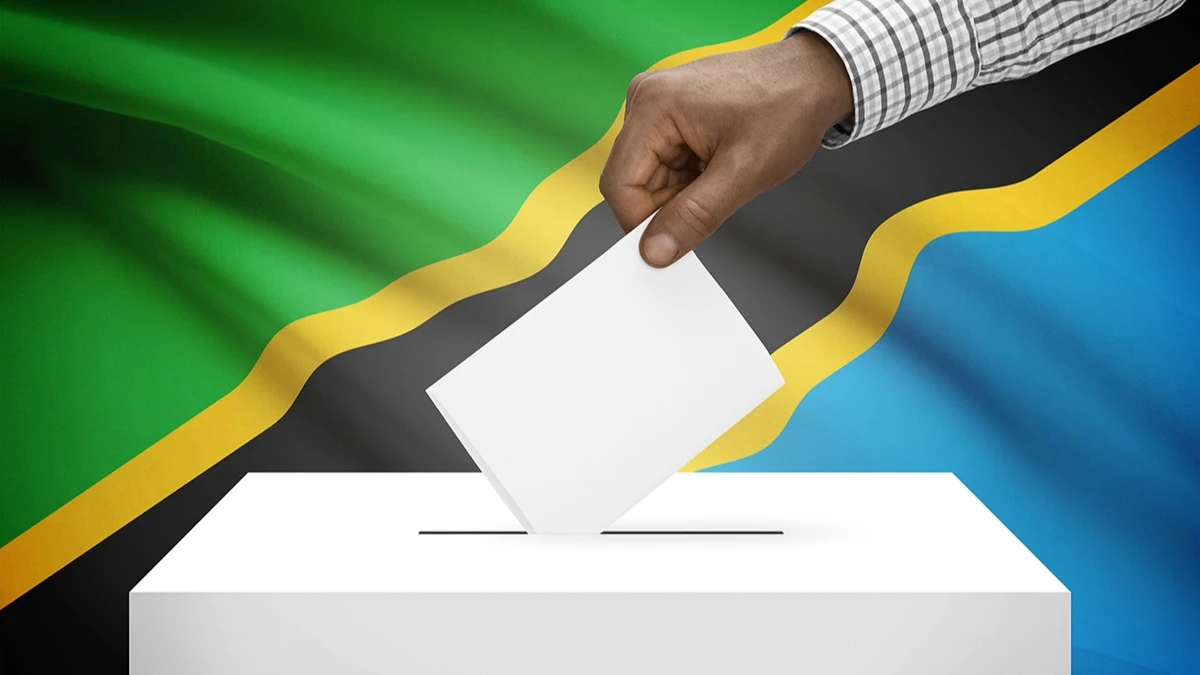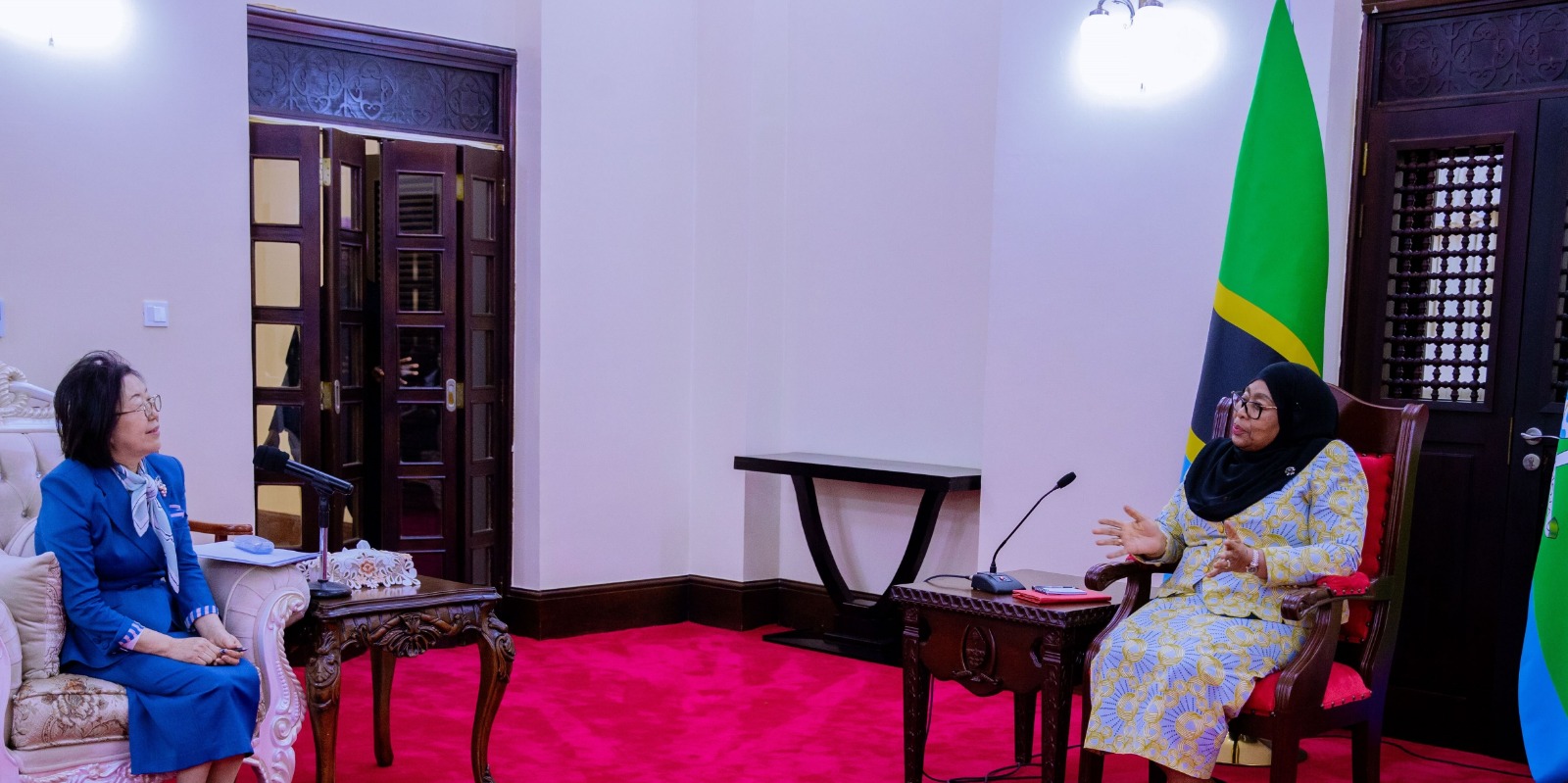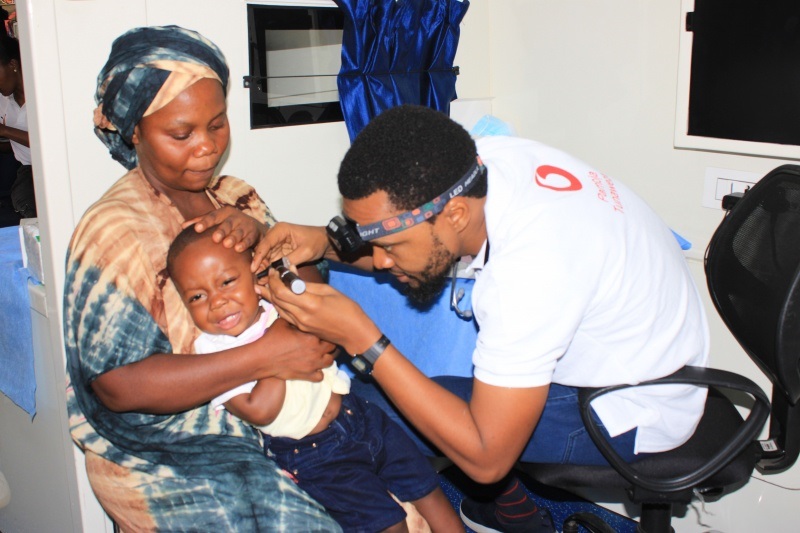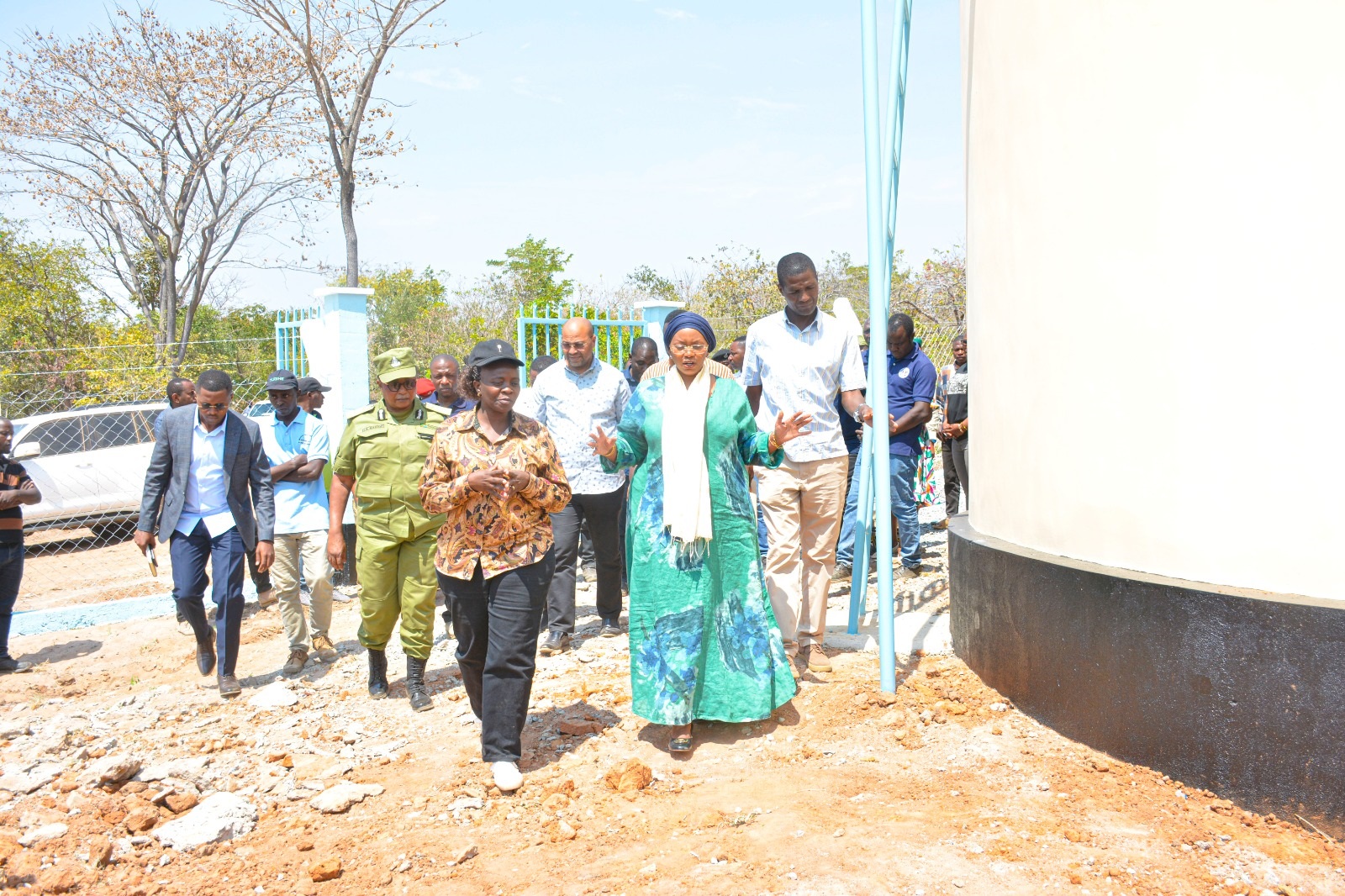Over 12,000 youth along EA crude oil pipeline project route to get economic empowerment

MORE than 12,000 young people in Geita, Kagera, Tabora and Tanga regions are set to benefit from an economic empowerment initiative being implemented along the the East African Crude Oil Pipeline (EACOP) route.
The project forms part of the company’s corporate social responsibility efforts both during and after the construction of the pipeline.
Speaking at the project’s launch yesterday in Bukombe District, Geita Region, Deputy Prime Minister and Minister for Energy, Doto Biteko, stated that the pipeline project will support young people in overcoming challenges related to unemployment and low income.
He noted that the project is currently at 65percent and is expected to be finalised by July 2026, with the government having already contributed 1.125trn/- .
According to Biteko, 200 Tanzanian companies have so far been contracted through the project, with the funds generated circulating within local communities and positively impacting everyday livelihoods, including those of food vendors, motorcycle taxi operators and other small-scale traders.
“Projects like this are not solely about infrastructure development — they are also about how communities benefit from their presence,” he said.
Godfrey Mponda, Acting General Manager of EACOP Tanzania, revealed that since 2024, a total of 170 young people have been directly employed, 110 are currently in school and 238 receive vocational training through the programme, enabling them to later contribute to the country’s development.
He explained that the pipeline spans 1,443 kilometres — from Hoima in Uganda to Chongoleani in Tanga — with 1,147 kilometres in Tanzania and 296 kilometres in Uganda.
Clare Haule, EACOP’s Manager for Community Investment and Social Responsibility, said the company has, since its inception, implemented various development projects in the regions along the pipeline route, including those focused on water, roads, education, health and youth empowerment.
She noted that many young people face barriers such as lack of employment, limited vocational training opportunities and difficulty in accessing capital. In response, the company has launched the first phase of the economic empowerment programme in the initial four regions, with further regions to be covered in the second phase.
“These projects are designed to address such challenges by providing market-relevant skills, improving access to financial services and removing obstacles to entrepreneurship and self-employment,” Haule said.
Deputy Minister in the Prime Minister’s Office (Labour, Employment, Youth, and Persons with Disabilities), Patrobas Katambi, emphasised that the pipeline is one of the government’s key strategic projects being implemented in collaboration with development partners.
“This project has delivered substantial benefits. Unemployment was a major issue, but these strategic initiatives help to alleviate that. The government has already developed policies and enacted laws to assist young people in accessing capital and employment opportunities so they can benefit directly from such projects,” he said.
Top Headlines
© 2025 IPPMEDIA.COM. ALL RIGHTS RESERVED








